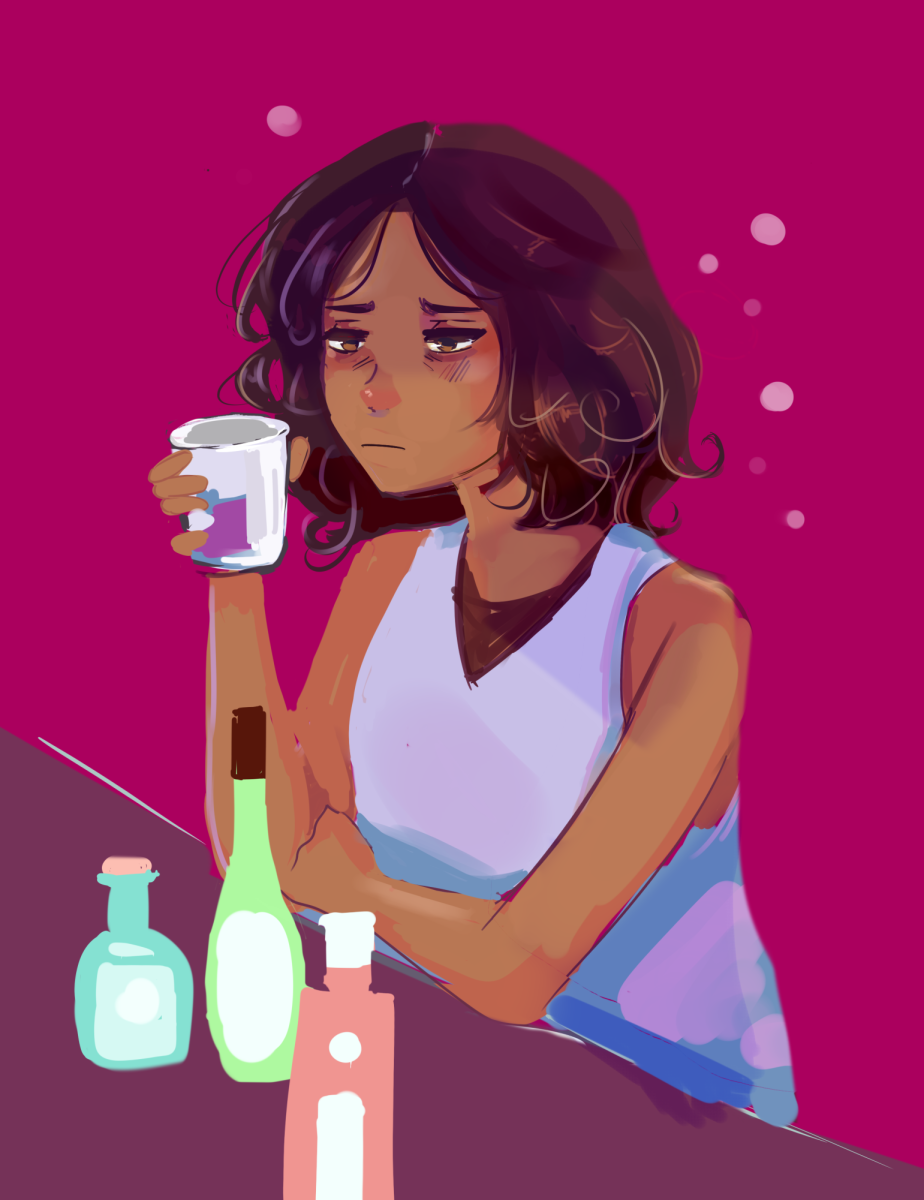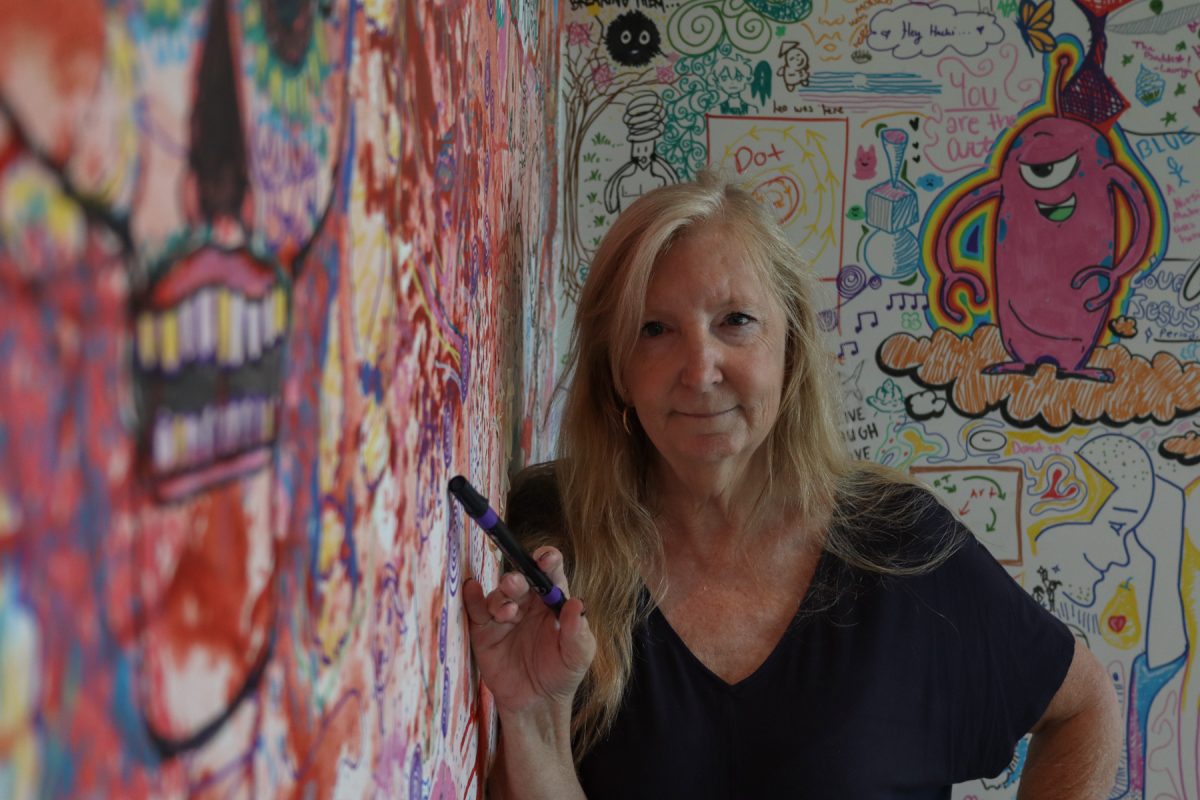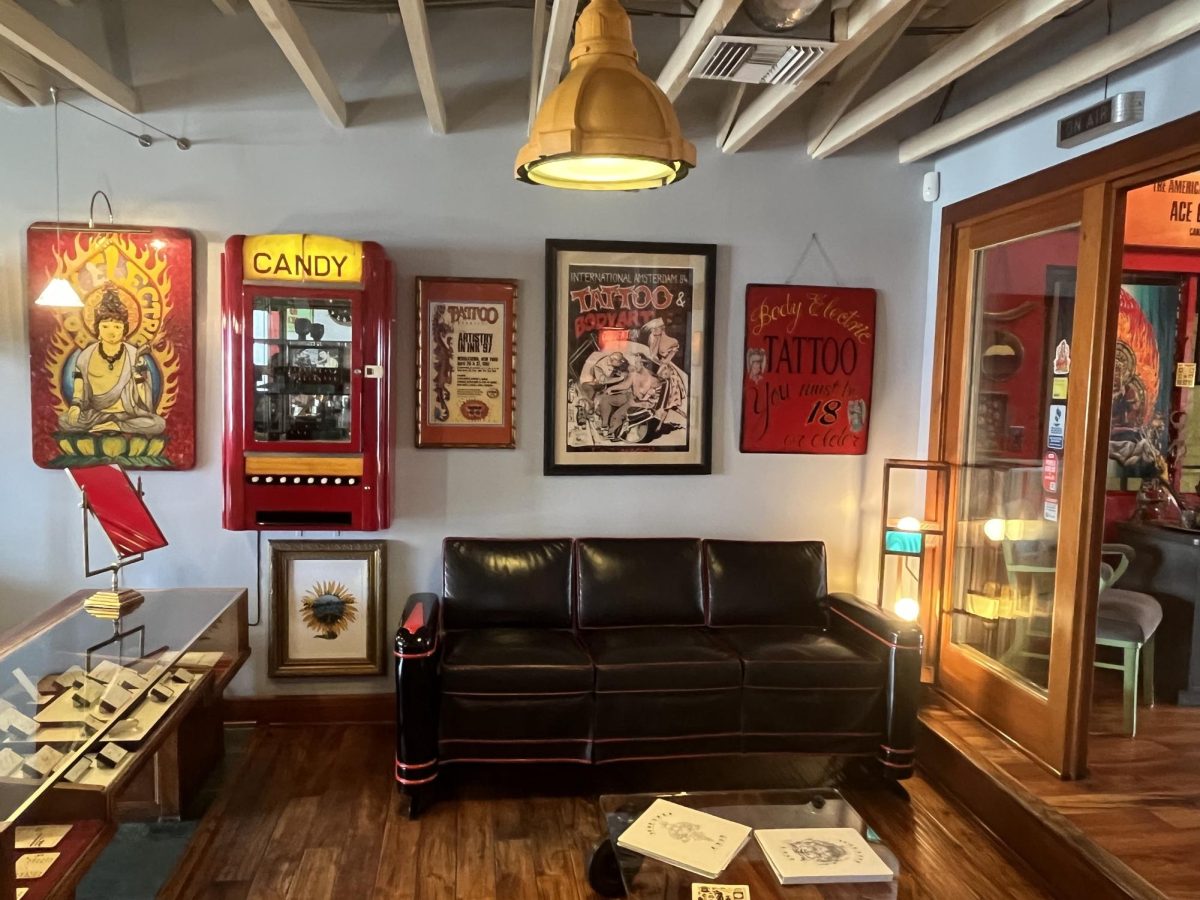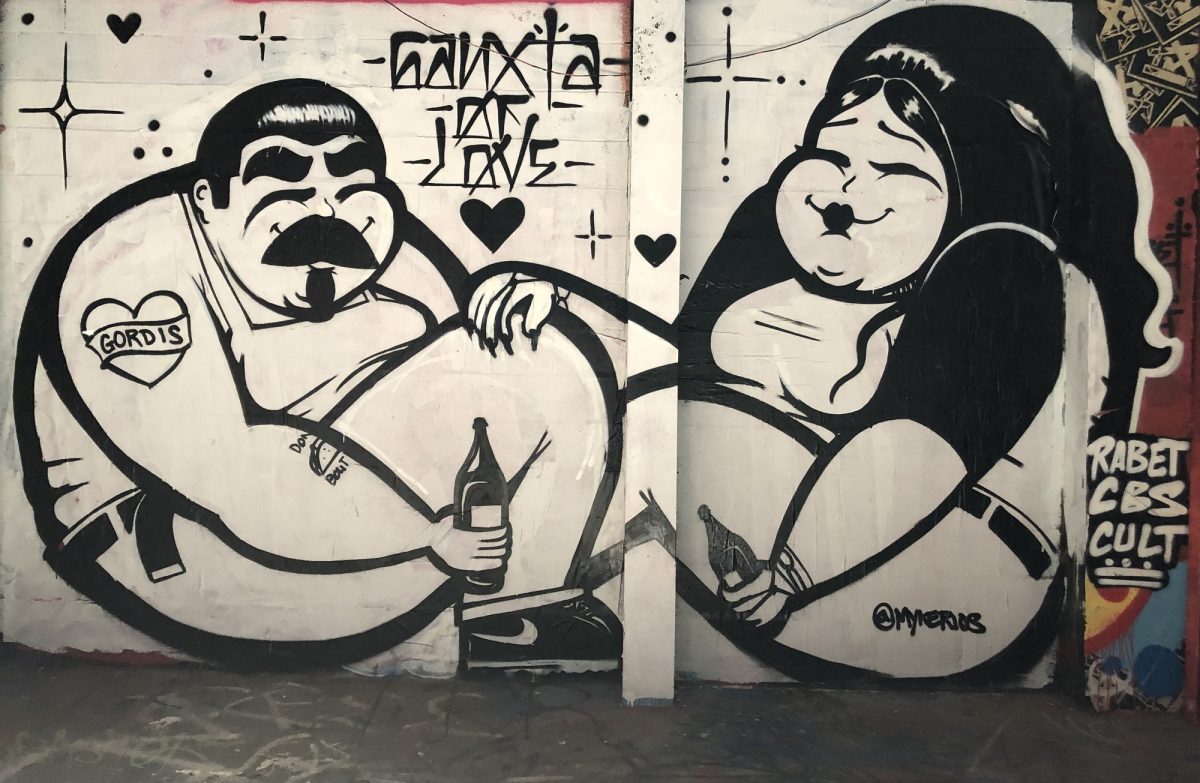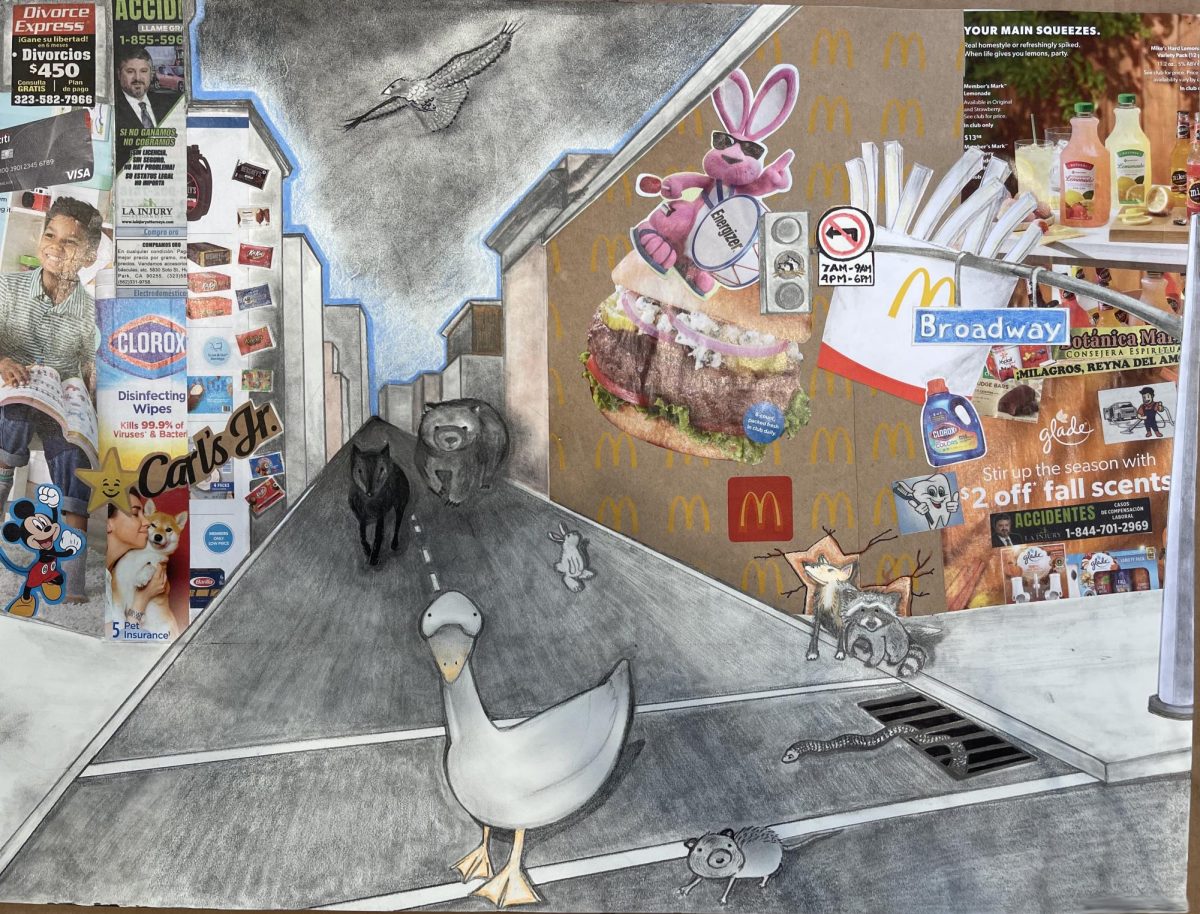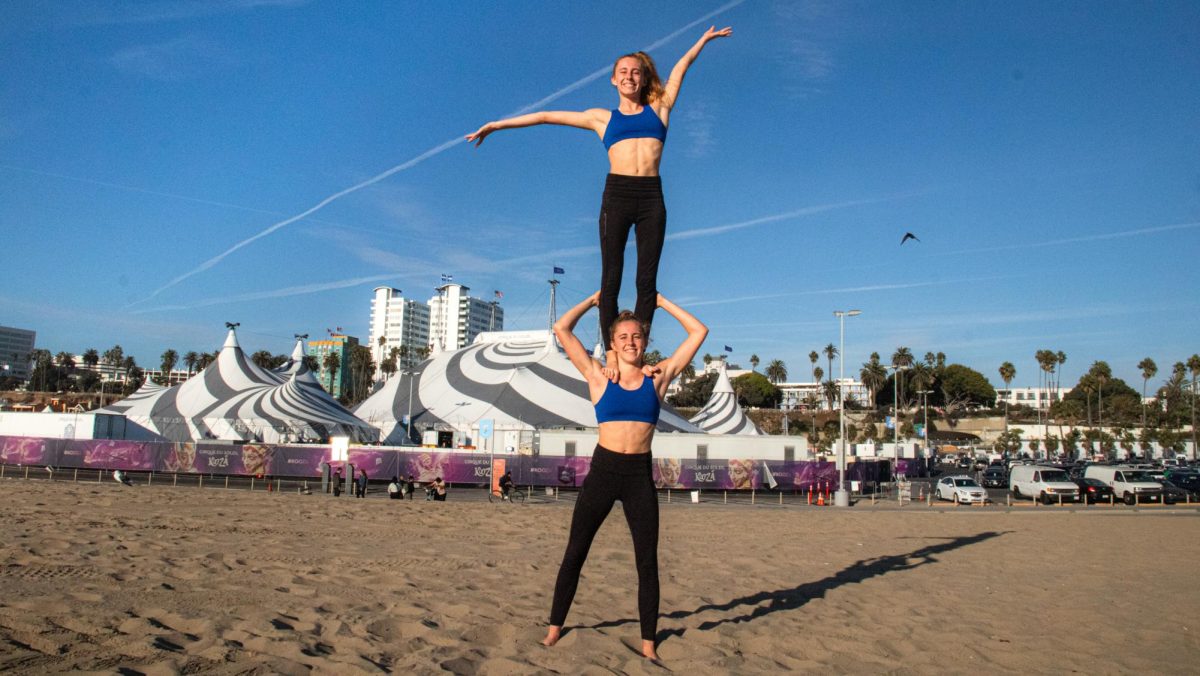After a few shots and ten rounds of beer pong, I stumbled to put on my shoes before being carried and put in the back of my friend’s car.
Then everything went dark.
I should’ve known I had a problem when I couldn’t remember how I got home.
Drinking became my entire personality, and I struggled to find myself without it.
My first taste of alcohol was when I was seven years old at my aunt’s wedding.
What I thought was a chocolate cake was a Jamaican Black Cake saturated in dark rum and cherry brandy.
A Jamaican Black cake batter is refrigerated for at least two weeks to three months so the juices can soak in. Once it’s baked, another layer of rum brushes on top.
I spat it back on my mom’s plate.
Once I hit my 20s, my drinking came in cycles: a weekend of heavy drinking, a regretful week after and then a stint of sobriety.
Most weekends, I bar-hopped around Los Angeles or went to a house party I learned about through word of mouth.
Absolut Vodka with a large McDonald’s Coke was my go-to before any outing.
Five shots in between doing my hair and makeup and I can already get a good buzz going.
Alcohol became my social lubricant.
Making friends has always been challenging, especially at CSUN, a campus of 30,000, after graduating from high school in a class of 46.
A little liquid courage changed that for me.
With three shots of Patrón, I was flirtatious.
With a few cranberry vodkas, I could dance until my feet blistered.
Give me a tequila sunrise and I could talk your ear off.
Unfortunately, Sunday through Thursday is when reality slowly wormed its way into my brain.
After a weekend of drinking, the days following clouded in a fog.
Aside from the splitting headache and nausea, I had the anxiety of an animal hunted for sport.
According to the National Institute on Abuse and Alcoholism, researchers estimate each year, 1,519 college students between the ages of 18-24 die from unintentional alcohol-related injuries.
696,000 students are assaulted by another student, with an estimated one in five women experiencing sexual assault involving alcohol.
I depended on the highlights from sober friends and my Snapchat stories to piece together moments from the previous night.
Questions bounced around in my head as I wondered if I had said anything to embarrass myself, been too loud, or talked about something I wasn’t supposed to.
With that came the fear of how I was perceived.
When friends introduced me, the first thing discussed was my drinking.
In a joking manner, they brought up the times I had gotten so drunk that they debated taking me to the hospital for fear I was blacking out or how I’d run off with strangers in a crowded club.
I could laugh about these things, but I also became self-conscious that this was the reputation I was leaving behind.
There had been a conscious effort to try and go out sober, but it wasn’t long before a drink was thrust into my hand after being too overwhelmed with small talk without a drop of liquor to loosen my tongue.
My desire to be approachable overpowered all the signals telling me to stop.
Now, at 29, I enjoy a cocktail now and again, but my days of binge drinking are behind me.
The first time I blacked out should have been warning enough, but factors such as age and finances seemed to have made that decision for me.
I could spend almost $50 on drinks on a typical weekend alone.
If you’re in Hollywood, the bar charges $10 to get in, and a bottle of water costs $16 in a Las Vegas club.
The stark reality was that the “friends” I made in college were only around to drink.
Now, I have a close-knit group of friends with whom I can enjoy the company without bothering myself with liquor.
I’m not anti-drinking, but the desire to have moments I can remember and not feel ill afterward trumps the impulse of impressing strangers who won’t give me a second glance.



